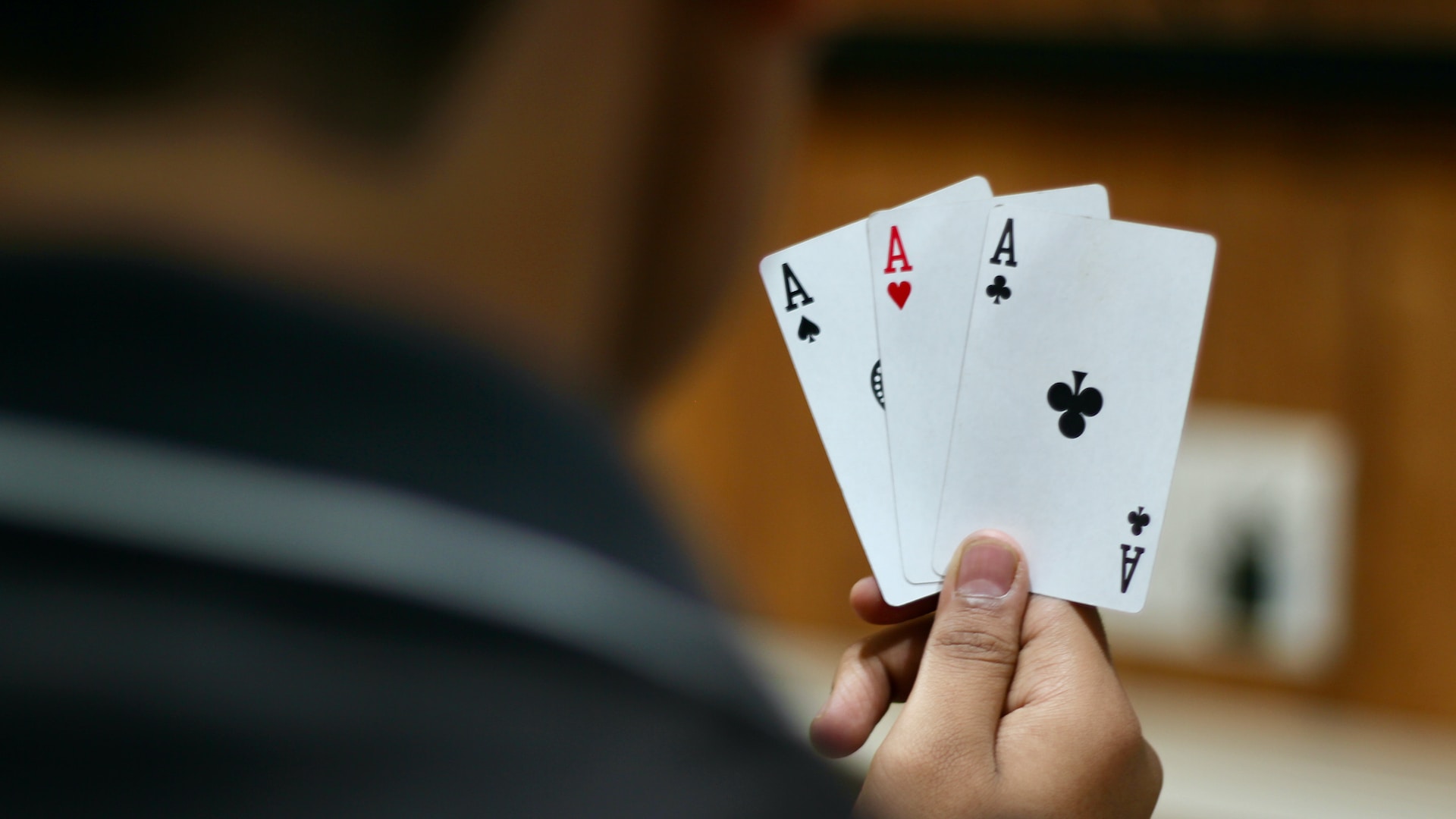When it comes to gambling, there is often a debate about the role of luck. Some people believe that luck plays a significant role in determining the outcome of games, while others believe that skill and strategy are the key factors. So, what is the truth? Is the role of luck in gambling a myth or a reality? Let’s take a closer look.
Defining Luck in Gambling
Before diving into the debate, it’s essential to define what luck in gambling means. Luck can be defined as the random, uncontrollable factors that influence the outcome of a game. In gambling, luck can manifest in many ways, including the cards you are dealt, the number on the roulette wheel, or the roll of the dice.
Myth or Reality?
The answer to whether the role of luck in gambling is a myth or a reality is not black and white. In reality, it’s a combination of both. Let’s explore each of these viewpoints in detail.
The Role of Luck in Gambling – Myth
Many people believe that luck has no role to play in gambling. They argue that games like poker, blackjack, and craps are all based on skill and strategy. They believe that players who understand the game well, know when to bet, and can read their opponents’ actions are more likely to win than those who rely on luck alone.
While it’s true that skill and strategy are essential in gambling, dismissing the role of luck entirely would be a mistake. Even the most skilled players can be unlucky and get dealt a terrible hand, or the ball can land on the wrong number on the roulette wheel.
The Role of Luck in Gambling – Reality
On the other hand, some people believe that luck plays a significant role in gambling. They argue that no matter how skilled a player is, an element of luck is always involved. For example, the outcome is entirely random in slot machines, and the player has no control over it. Similarly, in games like roulette and craps, the player’s bets are subject to the dice roll or the wheel’s spin.
While skill and strategy can certainly increase a player’s chances of winning, luck is still a factor that cannot be ignored. In some cases, luck can even be the deciding factor between a win or a loss.
Luck vs. Skill in Different Games
It’s also important to note that the role of luck versus skill can vary depending on the game being played. For example, games like blackjack and poker require a combination of both luck and skill. A skilled player can increase their chances of winning by making strategic decisions and reading their opponents, but luck still plays a role in the cards that are dealt.
On the other hand, games like slot machines and roulette are almost entirely based on luck. These games have no element of skill or strategy, and the outcome is entirely random. While there are some betting strategies that players can use to increase their odds of winning, ultimately, the result is entirely up to chance.
The Impact of Luck on the Gambling Industry
The role of luck in gambling has had a significant impact on the gambling industry as a whole. For example, the unpredictability of luck has created an exciting and unpredictable atmosphere in casinos, which is one of the reasons why many people enjoy gambling. The thrill of not knowing what will happen and the potential for a big win is a major draw for many gamblers.
The element of luck has also led to the creation of many popular games, such as slot machines and scratch-off tickets. These games offer a quick and easy way to potentially win big. This makes them popular with casual gamblers looking for a fun and exciting experience.
However, the role of luck in gambling has also had some negative consequences. For example, it can lead to problems with gambling and addiction. People who become addicted to gambling often believe that they are “due” for a win. Or that their luck will eventually turn around. This can lead to chasing losses and spending more money than they can afford.
Conclusion
In conclusion, the role of luck in gambling is neither a myth nor a reality. It’s a combination of both. While skill and strategy are essential in gambling, luck is also a factor that cannot be ignored. Whether it’s the cards you are dealt, the number on the roulette wheel, or the roll of the dice, luck can significantly impact the outcome of a game.
That being said, it’s important to remember that gambling should always be approached responsibly. Luck may play a role, but it’s not a guarantee of success. Players should always gamble within their means and never chase losses or bet more than they can afford to lose.
